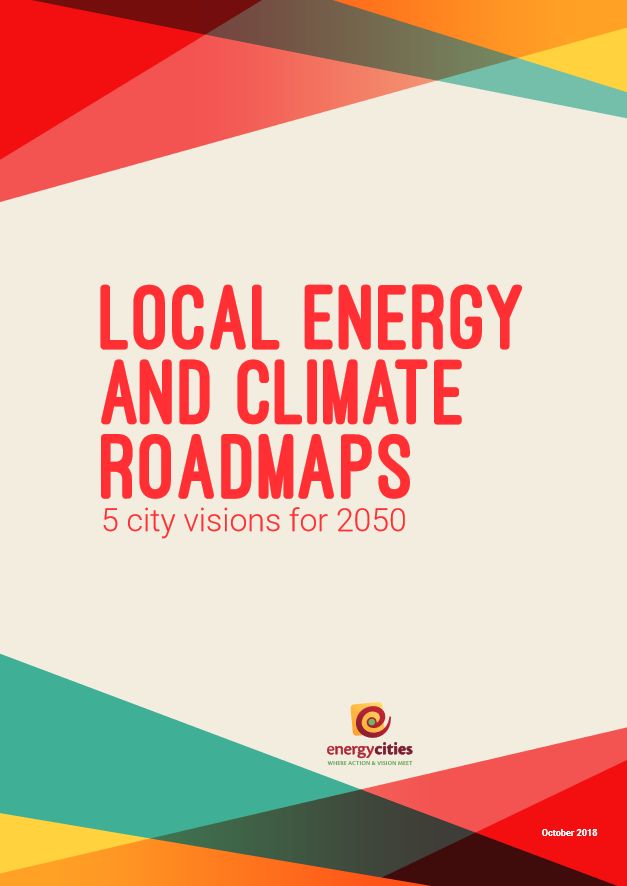The EU is currently designing a new 2050 strategy for reducing its GHG emissions, which should be compatible with the Paris climate agreement. On the surface, it appears as an exercise to design climate action policies, but in fact it is much more than that. Thinking about 2050 today leads us to ask ourselves: how should our (urban) societies look like in 2050? How can we achieve a high quality of life while respecting our planet’s resources? How will we share responsibilities and benefits in a transformed energy and mobility landscape?
Many European cities have already engaged in the long-term planning for the mid-century mark. By developing their 2050 roadmaps, these cities are designing clear pathways to transform their societies to become resilient and resource-efficient, running entirely on clean energy sources and providing social and economic well being to their citizens.
Five exemplary European cities have succeeded in the design and implementation of their 2050 roadmap with all local actors on board. Embark on the inspiring journeys taken by Grenoble (France), Manchester (UK), Münster (Germany), Salzburg (Austria) and San Sebastián (Spain), which show that planning now with ambition and cooperation for 2050 is possible and beneficial for catalysing the energy transformation of our societies.
Concluding remarks
In a setting of mid-century planning and long-term visioning, time has come to embed all climate, energy, and resilient plans into citizens ́ lifestyles and business cultures, so that climate positive and resilient decision-making and behaviour become common practice. The investigation of roadmaps allowed us to understand that the energy transition is not only a technical task. Instead, it provides the opportunity to sustainably transform society, while constantly increasing the quality of life.
The exercise of long-term planning allows moreover for identifying new needs. Cities are increasingly realising that in order to transform their energy systems to become fully renewable, they need to rely on their surrounding areas for meeting their clean energy needs. The roadmaps we analysed also show that cities are fully aware that they need to respect and live within the planet’s available resources.
Planning for 2050 is happening now in European cities. These examples have shown how cities are redefining urban climate and energy governance and citizen participation in designing an ambitious mid-century future, and will hopefully inspire European leaders to design together with their citizens Europe’s Paris-proof energy transformation by 2050.

